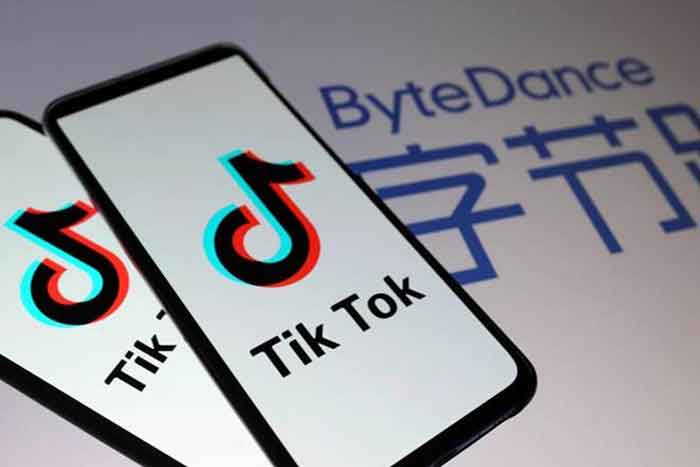Last Thursday, a Congressional hearing took place where the TikTok CEO was grilled for five hours on the grounds of “security concerns.” This was days after the FBI and DOJ launched an investigation on the Chinese-owned American company. Isn’t it ironic that while the US government is putting TikTok under the magnifying glass, it’s turning a blind eye to its own surveillance programs on the American people?
By Wei Yu, Nuvpreet Kalra and Melissa Garriga
Ten years ago, Edward Snowden told the whole world the truth about the US global surveillance programs. If Congress cares about our digital privacy, it should first begin by investigating the surveillance policies of its own US agencies. The campaign against TikTok is a fear-mongering tactic to wage war on China.
In 2020, the FBI used social media to monitor racial justice protesters who were targeted for arrests. For example, activist Mike Avery was arrested after posting about protests on Facebook, and his charges were dropped without explanation a few weeks later. An FBI official was so frustrated with the extensive social media surveillance that he told the Intercept, “Man, I don’t even know what’s legal anymore.”
The dissonance between accusing TikTok of security concerns and working with other companies to invade people’s privacy rings loudly in our ears.
Social media has long been a tool used by federal agencies to target individuals and communities designated as “threat.” The Department of Homeland Security and the Immigration and Customs Enforcement have monitored the social media activities of immigrant rights activists. The State Department used social media screening to discriminate against the Muslim, Arab, Middle Eastern, and South Asian communities under the Trump administration’s “Muslim ban.”
Only last year that the post-9/11 NSA phone surveillance program was reported to have shut down. Major telecom companies like Verizon gave the government access to hundreds of millions of calls and texts. Dataminr, a startup Twitter partner, provided police with data about BLM protests. One focus on ‘potential gang members’ targeted Black and Latinx people, including school-aged children.
Meta’s subsidiary WhatsApp was reportedly used by the Saudi government to hack journalist Jamal Khashoggi’s phone. Meanwhile, Meta itself used a VPN to spy on users’ smartphones for market research in exchange for bribes. Yet WhatsApp is not banned on government devices.
If our lawmakers are concerned about protecting digital privacy, then Congress should start with investigating American federal agencies. Unlike China as well as other Western countries, such as the EU, the US does not have any digital privacy laws on the federal level. The US could cooperate with China to better ensure people’s privacy is protected, instead of driving fear to target one single social media platform.
The ongoing effort to investigate and ban TikTok is not about our privacy, but about fueling more aggression against China. Fear-mongering about China has also caused the rise of anti-Asian racism in the US. In banning TikTok, the US is projecting its invasive policies onto another government. Warmongers are using the issue to create paranoia and justify even more aggression towards China.
It is not a coincidence that these recent bans have come about shortly after a Chinese weather balloon was shot down over the US. Privacy concerns are being used to wage war on China. The US should focus on passing federal data privacy laws instead of targeting one app. Double standards and warmongering against China need to stop. China is not our enemy.
Wei Yu is CODEPINK’S China is Not Our Enemy coordinator. Nuvpreet Kalra is CODEPINK’s social media intern, and Melissa Garriga is CODEPINK’s media relations manager.






